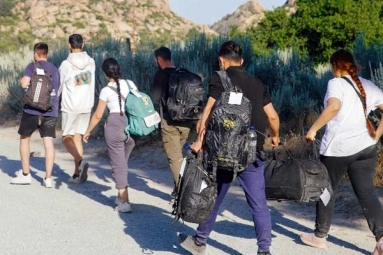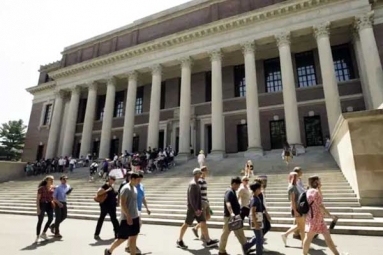
NEW DELHI: The government has opposed the suggestion of civil society members to include the Prime Minister under Lokpal Bill, Arvind Kejriwal said on Monday. The joint drafting committee for the Lokpal Bill met for the fifth time today to thrash out differences that persist between social activist Anna Hazare's representatives and the government on several issues. After the meeting, Kejriwal said the government was also opposed to bringing the conduct of Members of Parliament under the purview of Lokpal. Civil society members have stressd on stricter punishment for high-ranking officials accused of corruption. They also want to bring under the purview of the Lokpal, the conduct of MPs inside Parliament, if it is an offence under the Prevention of Corruption Act. In an earlier meeting, there was a consensus on seven of the 34 points submitted by the civil society members.
There was an agreement on empowering the Lokpal to initiate a suo motu probe into allegations of corruption against ministers, parliamentarians and senior bureaucrats. Currently, a minister can be prosecuted only after sanction from the Prime Minister. The Lok Sabha Speaker or the Rajya Sabha Chairman has to give the nod in case of action an against Member of Parliament. Former union minister Shanti Bhushan, a member of Hazare's team and co-chair of the committee, in a letter to finance minister Pranab Mukherjee had earlier suggested that the government first present its views on all remaining points and possible solutions on issues on which there were divergent views. The latest version has a new clause, Clause 13-C, which gives wide powers to 'an appropriate bench of the Lokpal' to approve interception and monitoring of messages or data or voice transmitted through telephones, internet or any other medium as covered under the India Telegraph Act, read with the Information and Technology Act 2000. Another new provision in this draft is for the setting up of a separate 'prosecution wing' for the office of Lokpal, which is already envisaged to have powers to investigate.








